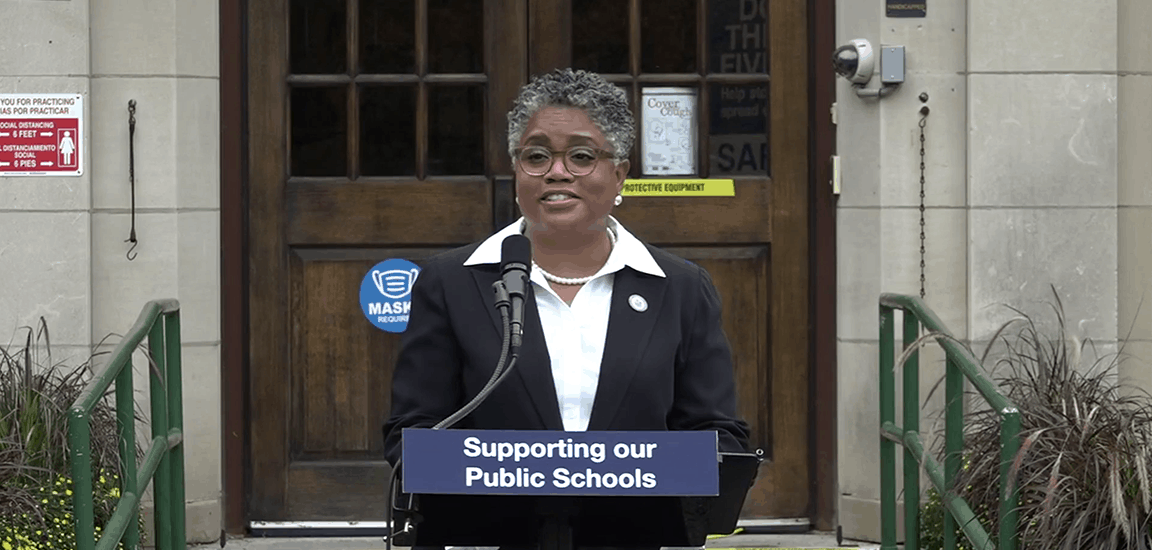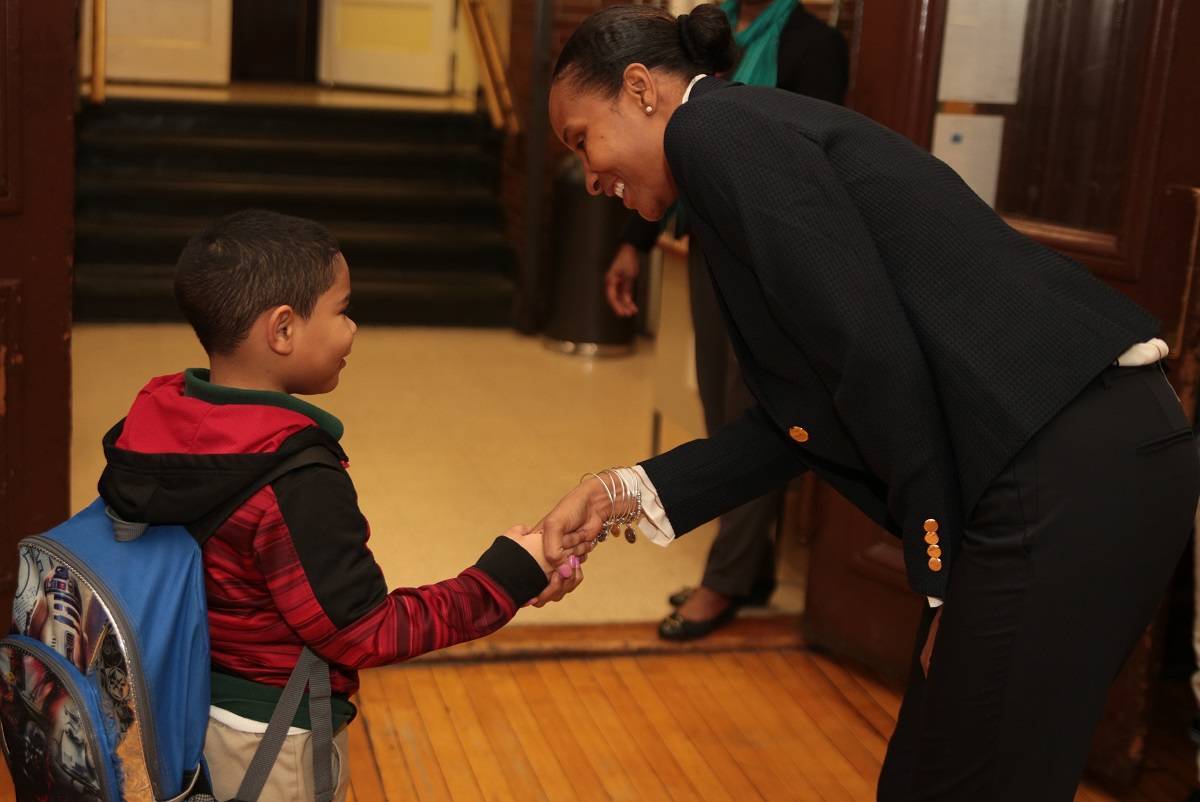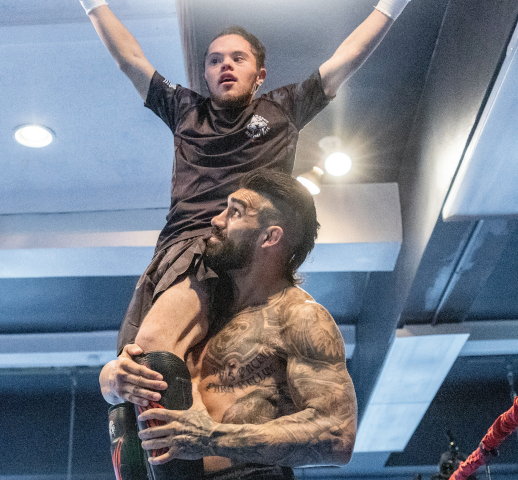
‘State of Emergency’ or ‘Not a Failure’? Dueling Takeaways on Learning Loss at State Board of Education Meeting
June 17, 2021
This Newark Public School Makes It Work by Nurturing Parent Partnerships
June 21, 2021ARONSOHN: 180 Nations Discuss Human Rights of People With Disabilities but America Is Missing
Paul Aronsohn, who comes from a family with disabilities, is New Jersey’s Ombudsman for Individuals with Intellectual or Developmental Disabilities and Their Families. Previously, he worked for several years at the U.S. Mission to the United Nations. Photo courtesy of North Jersey.
This week, at the United Nations, representatives from around the world are meeting to discuss the human rights of people with disabilities. The overarching theme of the meeting is “Build Back Better,” and while the focus will be on the global response and recovery to the COVID-19 pandemic, there will also be other discussions significant to people with disabilities, including those concerning independent living and educational rights. In all, representatives from about 180 countries are expected to participate.
Yet, there will be an important voice missing from these proceedings — the voice of the more than 60 million Americans with disabilities and their families.
Simply stated, the United States is 1 of only 9 countries that has not yet ratified the UN Convention on the Rights of Persons with Disabilities. As such, our country is not permitted to officially participate in this week’s 14th session of the Conference of State Parties to the CRPD.
Clearly, this doesn’t seem right. It doesn’t seem right that we have not yet ratified this landmark treaty. Nor does it seem right to have such a meeting without the U.S., which is certainly one of the most inclusive, most accessible countries in the world. We should be sitting at that table — informing and leading those discussions.
Clearly, too, this needs to change. Americans with disabilities deserve to be represented in this high level forum, and with a president and Congressional leadership who have demonstrated their commitment to people with disabilities, now is the time to make that change.
The CRPD, which is observing its 15th anniversary later this year, is not only the first human rights treaty of the 21st century; it is also a compelling expression of the world community’s determination to do right by people with disabilities and their families. It commits governments “to promote, protect and ensure the full and equal enjoyment of all human rights and fundamental freedoms by all persons with disabilities, and to promote respect for their inherent dignity.” It also provides an invaluable forum for exchanging ideas, raising questions and building a more accessible future.
Without question, there is absolutely no good reason for us to be sitting on the sidelines. The United States remains the global leader on human rights, and as I know from my work over the years, disability is a non-partisan issue. Disability not only impacts Republicans as well as Democrats; support for improving the lives of people with disabilities and their families is championed by elected officials on both sides of the political aisle.
Granted, as an advocate for people with disabilities, I am clearly biased on this subject. And as a family member, this is obviously personal. I always want everyone everywhere to be thinking about people with disabilities and their families and doing everything possible to make their lives safer, stronger and better. But even looking at this somewhat objectively — as an American — there is no reason not to make this the year that the U.S. takes its rightful place at the global disability table.
After all, the U.S. signed the CRPD in 2009 during the first year of the Obama Administration. It now only makes sense for us to ratify it during the first year of the Biden Administration and to do so with overwhelming bipartisan support. Doing so would be such a wonderful, powerful way to underscore the president’s message to the world that “the United States is back.”




